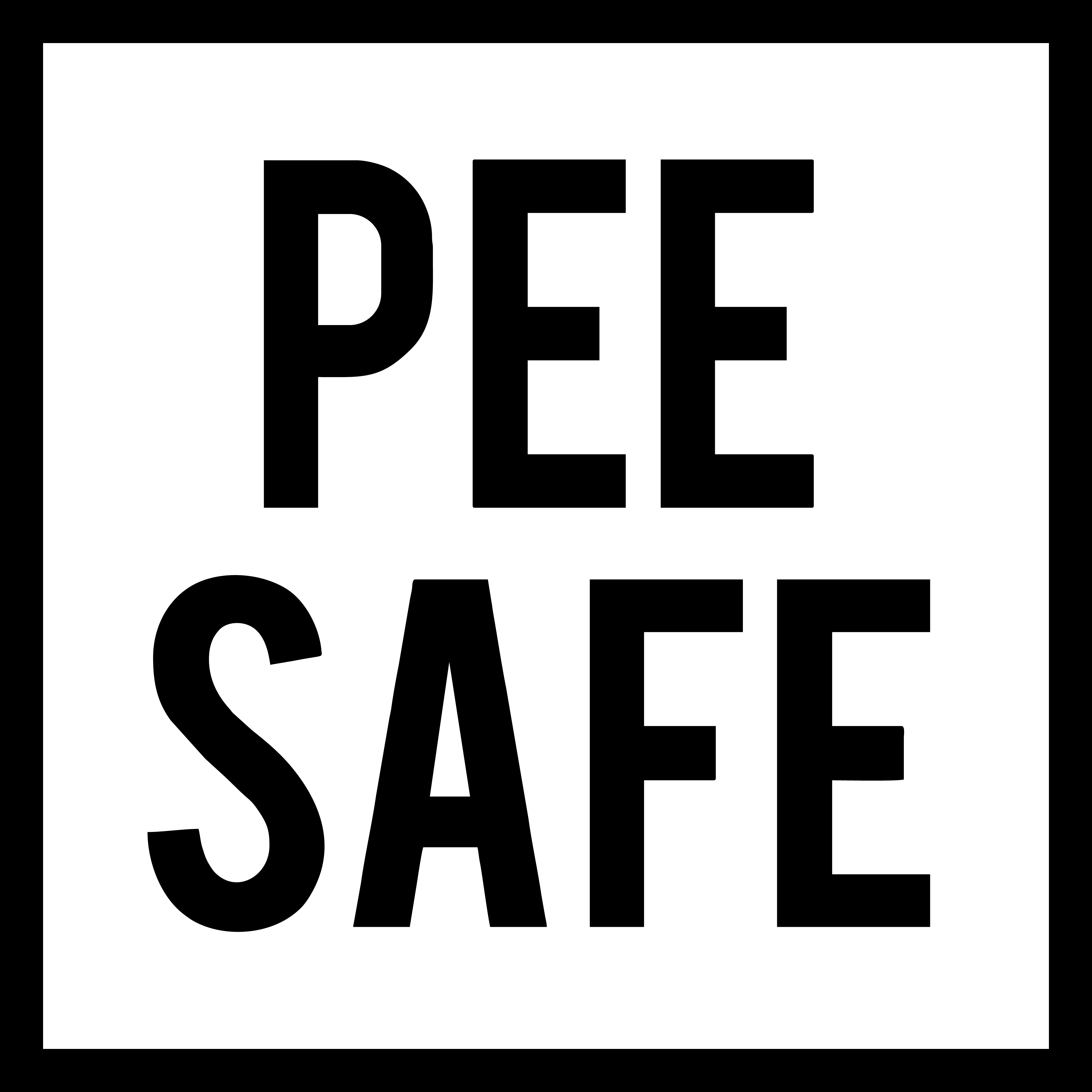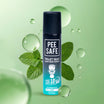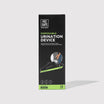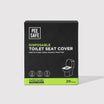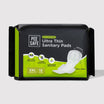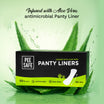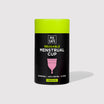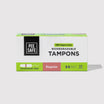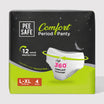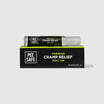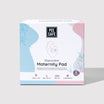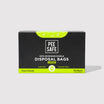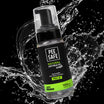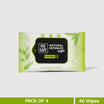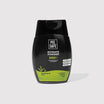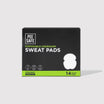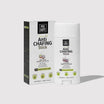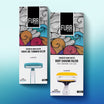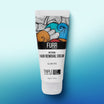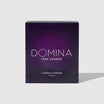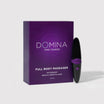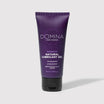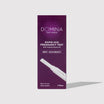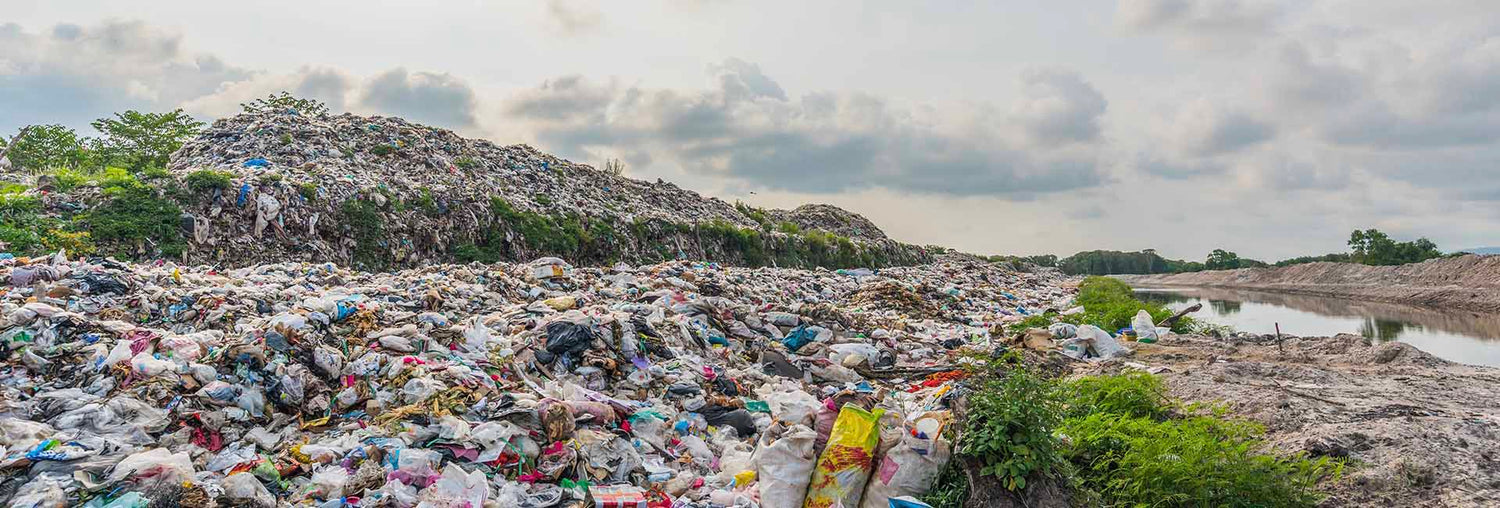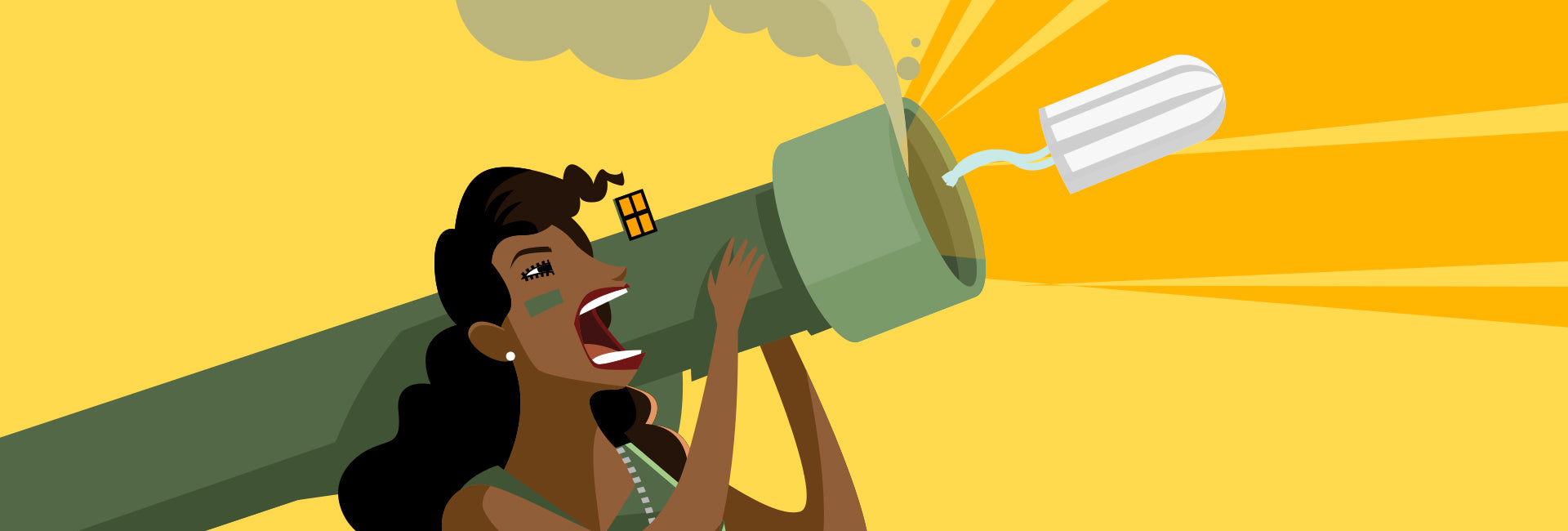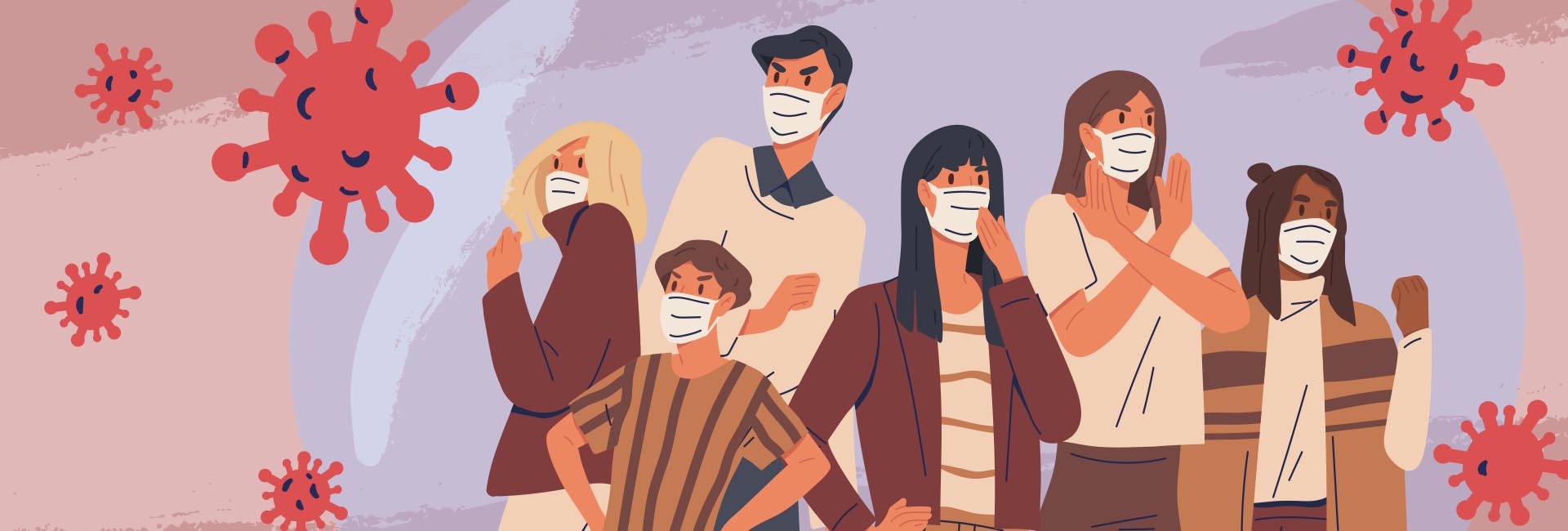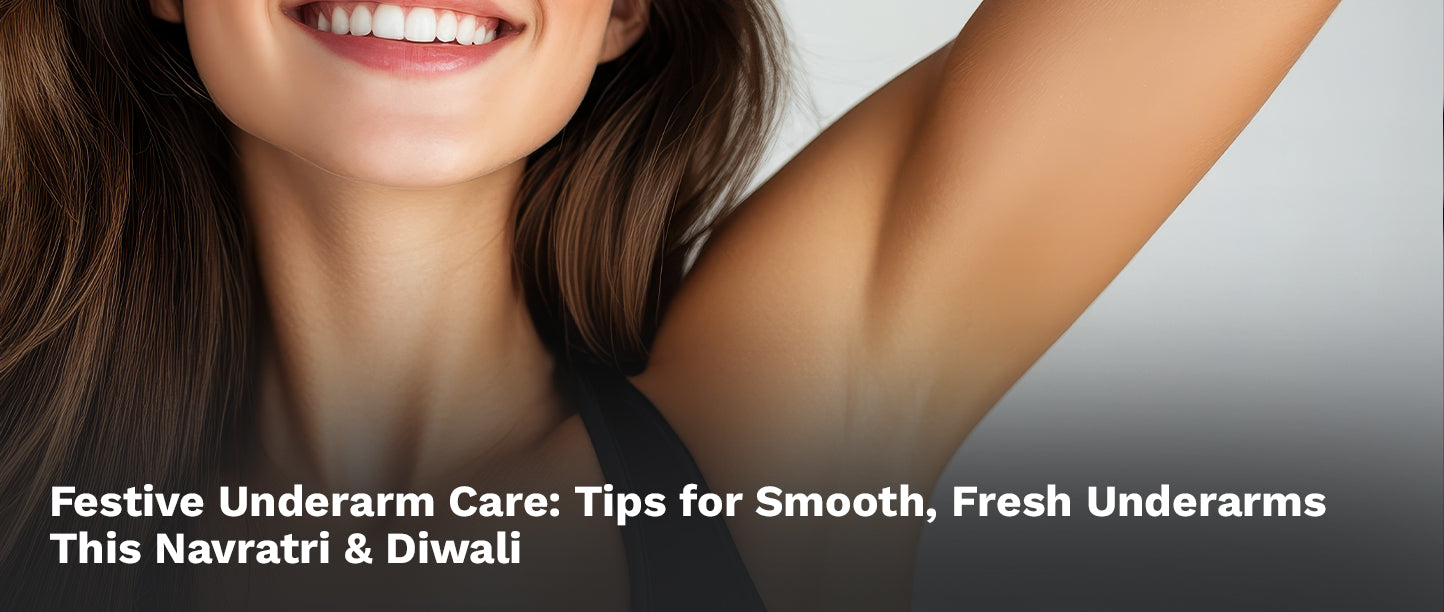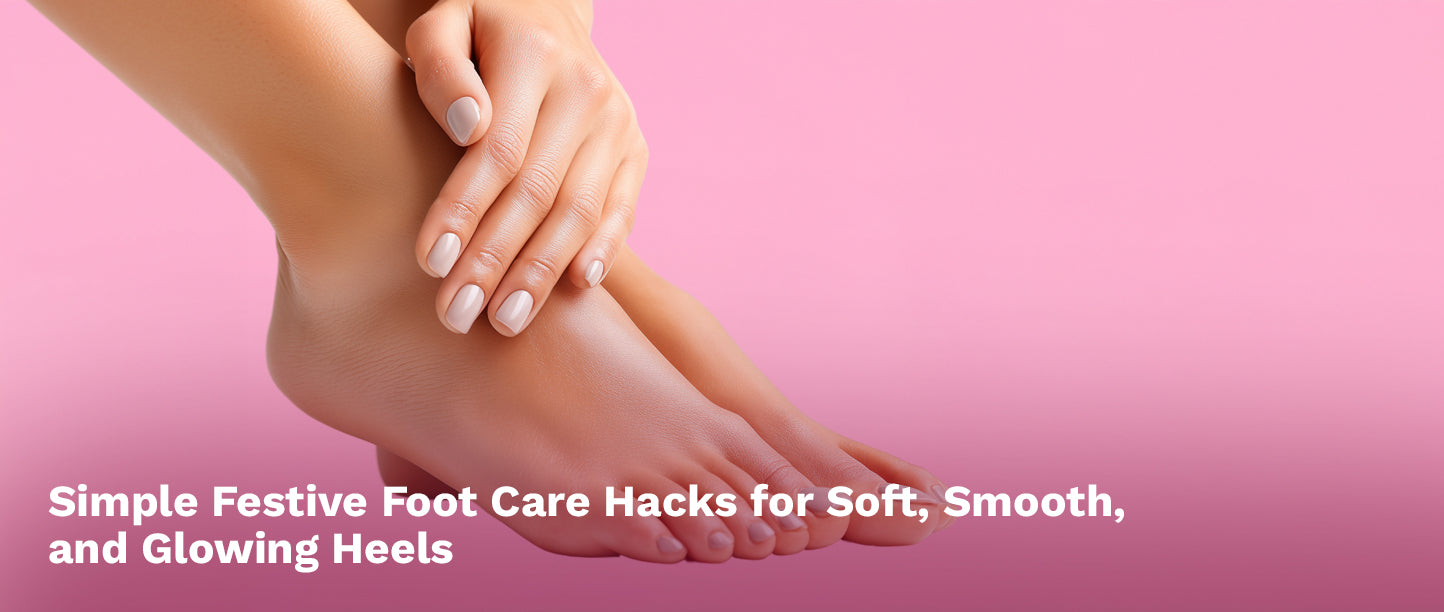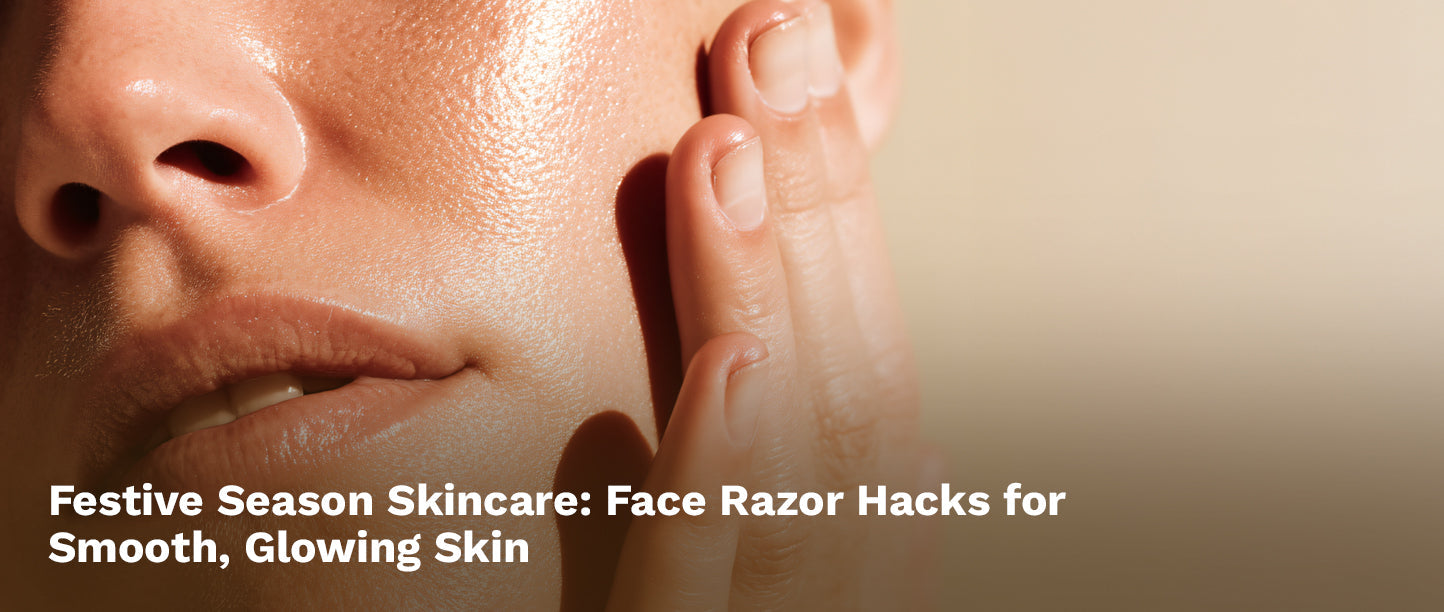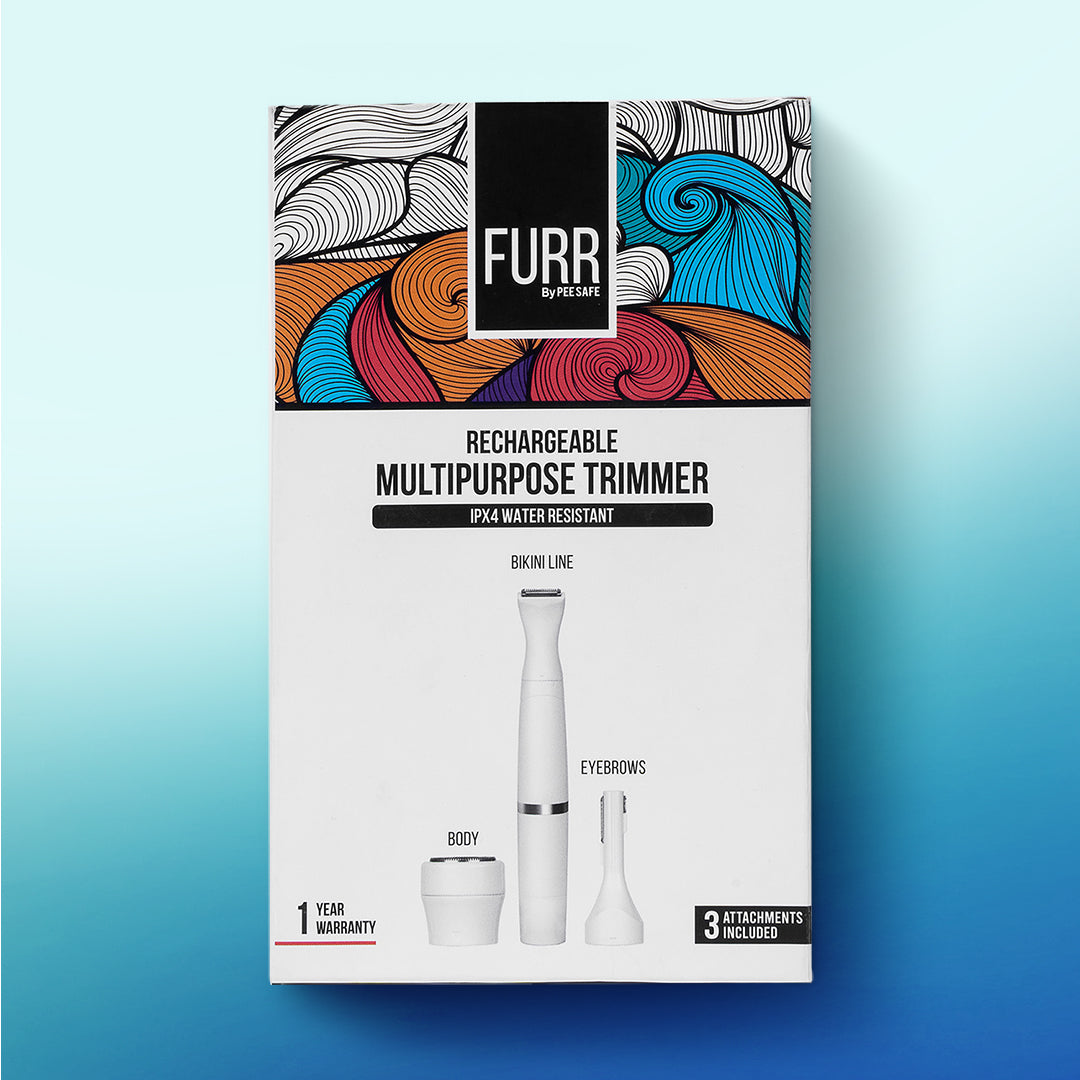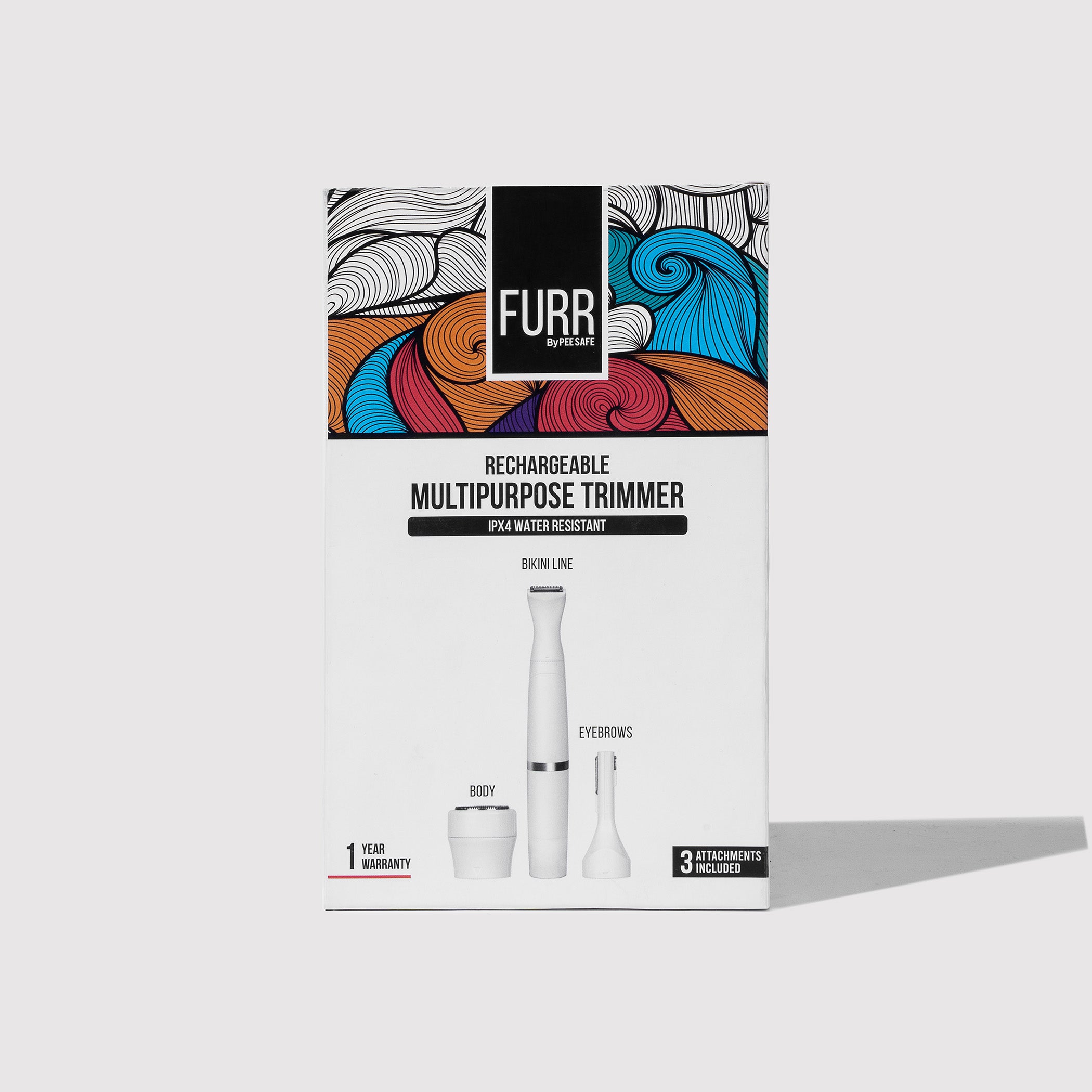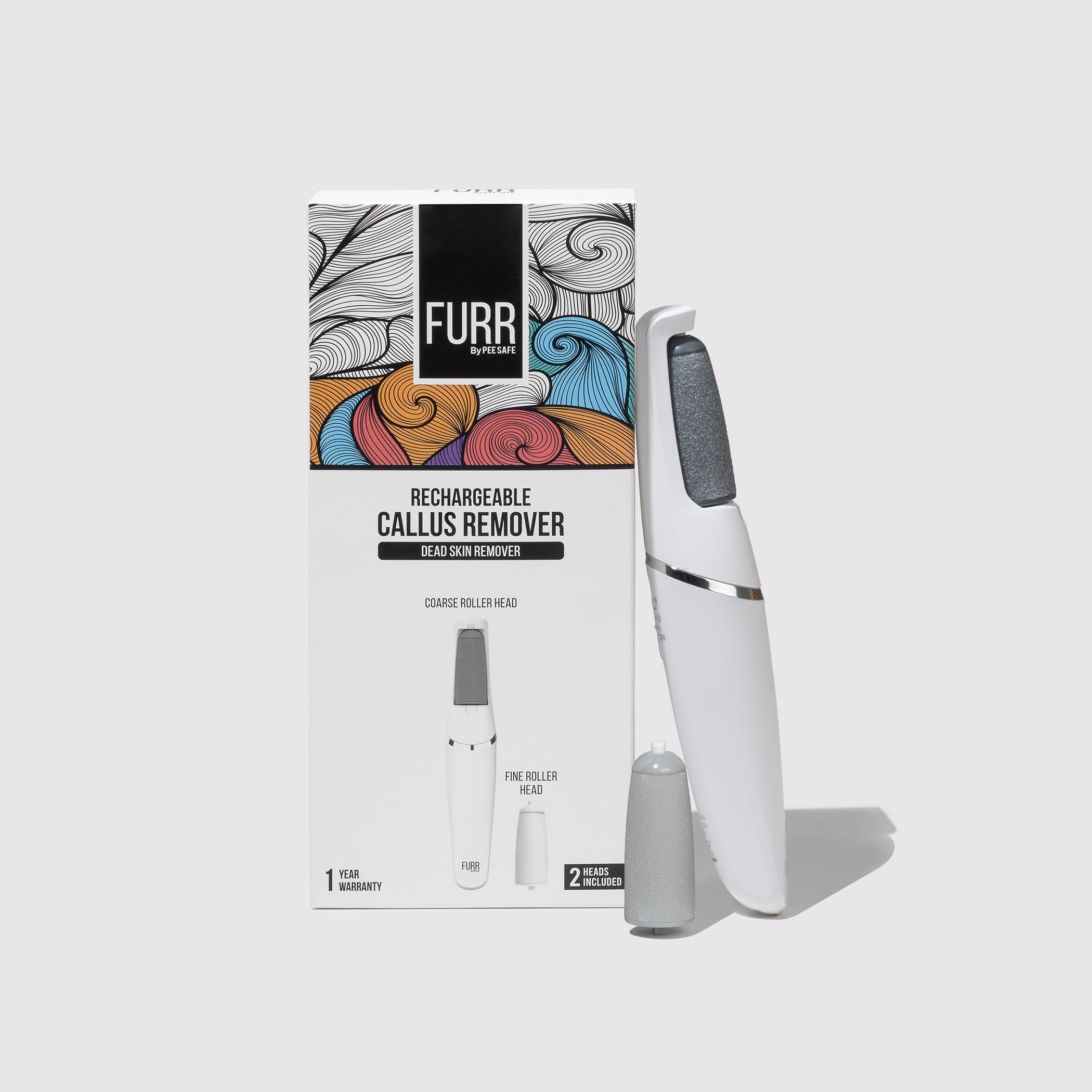A woman, since the time she hits puberty to the time she reaches menopause, goes through about four hundred and fifty menstrual cycles! Now imagine, if all women use plastic pads, that is 450 times we are contributing to the accumulation of plastic waste and making our bodies susceptible to health hazards like organ damage, ovarian cancer, infertility etc. Terrifying right? I'm sure you’d like to know more about the damaging effects of using a plastic pad and why you need to switch to a biodegradable one.
Major Danger – Plastic pads
We all know how harmful plastic is for the environment, but do we also know how damaging it is for our bodies? Plastic causes many problems in the human body. It is a slow poison! It will slowly degrade the quality of your body, and you won’t be able to figure out what caused the damage. But don’t worry, for you to recognise it we have listed down ways in which plastic pads can harm your health.
Dioxin
Often pads are bleached using a chemical called Dioxin to give them a whiter appearance. Why do companies do that? They do so because a whiter pad makes the user feel like they’re using something new and safe.
Long-term exposure to Dioxin may lead to darkening of the skin and impaired liver function. Now, on average, a woman uses six thousand pads in her lifetime, which means exposure to a lot of Dioxin. This can cause severe issues like diabetes, Immune system damage, Hormonal imbalance, ovarian cancer, etc.
Prone to bacterial growth
Pads are made of synthetic material which can trap moisture. This becomes the perfect breeding ground for bacteria causing Toxic Shock Syndrome, yeast infections, itching and other infections.
Toxic shock syndrome is a rare but fatal disease that reduces blood pressure, limiting the amount of oxygen reaching our organs. Prolonged use of pads and not changing them often can encourage the growth of bacteria.
Infertility and birth defects
Most pads contain fragrance and odour neutralising chemicals which can lead to complications during embryonic development of your baby. It can also lead to other issues such as yeast, itching, rashes and so on.
Cancer
Yes! Plastic pads can cause cancer. Every time you use these chemically treated pads; you are exposing yourself to these damaging chemicals.
Pads are not made entirely of cotton; instead, they use cellulose gel in absorbent pads that can lead to cancer. Plasticizers used for the production of plastic can damage the organ and make embryonic development complicated.
What is the alternative?
Don’t worry. You can use Organic Cotton and Biodegradable Pads instead.
Biodegradable organic pads are made from natural materials like cotton, cellulose and bamboo, which are free from any harmful chemicals. Biodegradable pads are not only good for the environment, but they also have several other advantages to use best sanitary pads like:
Plastic and chemical-free
Choosing a plastic and chemical-free product solves half your health problems like infections, organ damage, infertility and susceptibility to cancer as discussed above.
Hygienic
Since these pads are made of absorbent cellulose core, it keeps you dry. Bacterial growth is therefore not encouraged, nor does your skin react.
No dioxin
Biodegradable organic pads are not bleached. Therefore, there is no chance of complications due to Dioxin.
Eco-friendly
Plastic waste management and disposal is a problem faced by the entire world. By using biodegradable pads, which decompose within two years, you ensure that the plastic waste from menstrual products is minimized and you are contributing towards a cleaner, greener Earth.
Plastic pads lead to serious damage to your body. It is best to switch to organic, biodegradable pads and liners that your period and vaginal hygiene needs.
Let’s say no to plastic and stay safe and healthy!
